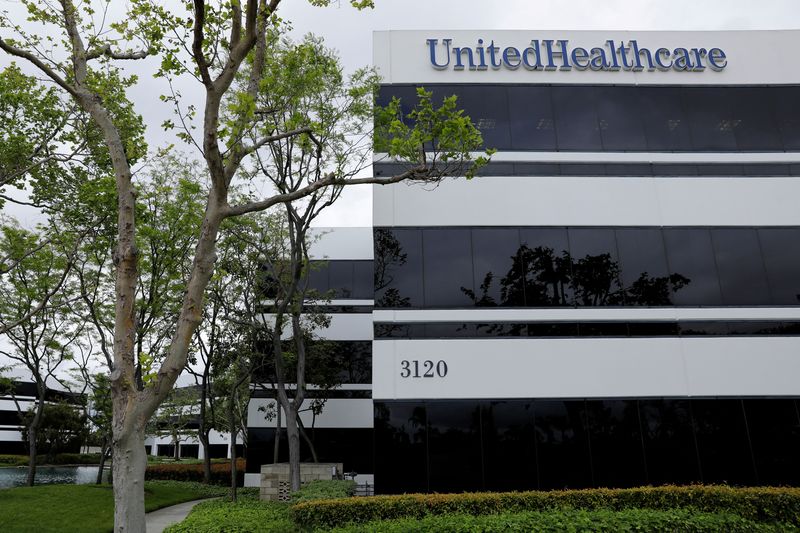President Donald Trump’s tariffs wreaked havoc on global markets Wednesday, causing U.S. government borrowing costs to surge while stocks saw choppy trading even as China ratcheted up retaliatory tariffs.
The major U.S. stock indexes swung back and forth after the opening bell, reaching positive territory as of about 10 a.m. ET.
Analysts have warned any gains may simply be the result of thinly traded volumes as an increasing share of investors seek to wait out the volatility. Even with the slight gains, stocks remain on the edge of entering a bear market as overall declines approach 20% from highs seen earlier this year.
While investors’ focus has been on the massive sell-off in stocks since Trump’s shock tariffs announcement a week ago, trouble in the market for government debt raised the prospect of more serious financial instability.
As the tariffs went into place just after midnight, the yield, or interest rate, demanded by investors to lend to the U.S. government began to climb swiftly — undermining one of the White House’s key arguments for going through with the tariffs strategy.
Some analysts said a continued disorderly sell-off increases the prospect of an emergency intervention by the Federal Reserve.
“If recent disruption in the US Treasury market continues we see no other option for the Fed but to step in with emergency purchases of US Treasuries to stabilize the bond market,” George Saravelos, the global head of FX strategy at Deutsche Bank, wrote in a note.
The major U.S. stock indexes, meanwhile, were on the edge of entering a bear market.
Stocks were dragged lower in pre-market trading after China announced it was ratcheting up its retaliatory tariffs on U.S. goods from 34% to 84%, while banning 12 U.S. firms from bringing their products into the U.S. The European Union, which faces 25% tariffs, was also set to approve its first retaliatory tariff Wednesday.
In an interview with Fox News Business Wednesday morning, JPMorgan Chase CEO Jamie Dimon said a U.S. recession seems likely as a result of Trump’s tariffs and the resulting trade war it has touched off.
“I think probably that’s a likely outcome, because markets, I mean, when you see a 2000-point decline [in the Dow Jones Industrial Average], it sort of feeds on itself, doesn’t it,” Dimon said.
The combination of falling stocks and the government bond sell-off raises the prospect of a full-blown financial crisis, former Treasury Secretary Lawrence Summers said in an X post early Wednesday.
“Long-term interest rates are gapping up, even as the stock market moves sharply downwards,” he wrote. “This highly unusual pattern suggests a generalized aversion to US assets in global financial markets. We are being treated by global financial markets like a problematic emerging market.”
The White House is nevertheless digging in, with Trump promising to impose a fresh set of duties on pharmaceutical products, causing shares in large biopharma firms to plunge ahead of the market open.
In a Truth Social post early Wednesday, Trump urged businesses to shift their operations to American shores.
“This is a GREAT time to move your COMPANY into the United States of America, like Apple, and so many others, in record numbers, are doing. ZERO TARIFFS, and almost immediate Electrical/Energy hook ups and approvals. No Environmental Delays. DON’T WAIT, DO IT NOW!”
Treasury Secretary Scott Bessent, meanwhile, brushed off concerns about the move in government borrowing costs while scoffing at China’s retaliatory measures.
“They’re the surplus country. Their exports to the U.S. are five times our exports to China,” Bessent said in the Fox Business interview. “So they can raise their tariffs, but so what?”
Already, two major U.S. firms said they were withdrawing earnings guidance given the uncertainty Trump’s tariffs have created. Walmart said it wanted to maintain the ability to keep prices low, something that would affect its profits, while Delta Air Lines called Trump’s actions “the wrong approach.”


